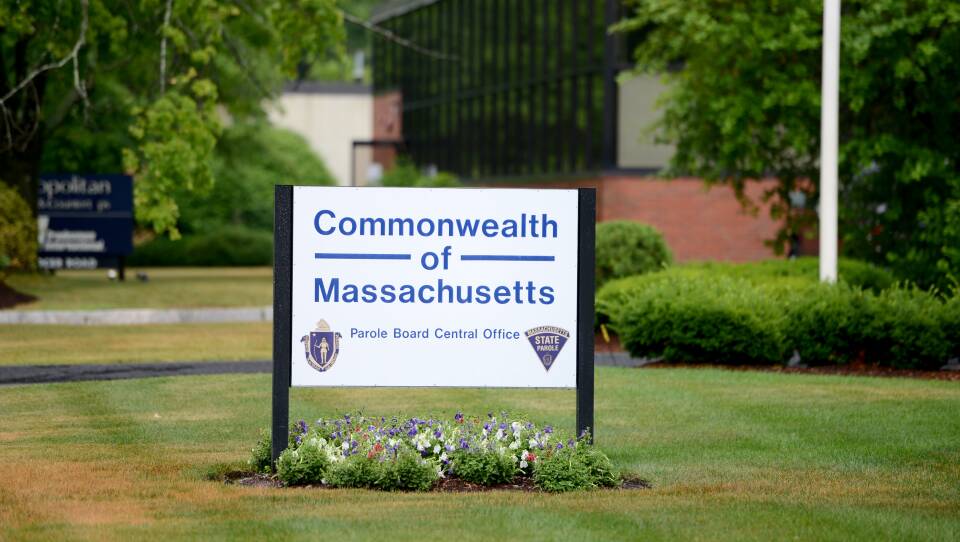Massachusetts was the first state in the nation to establish a parole system, to give prisoners who seemed capable of re-entering society a chance to fulfill the remainder of their sentences while rebuilding their lives outside of prison. But according to a new report by the WGBH News Center for Investigative Reporting, the Massachusetts parole system acts more like a "revolving door" than a pathway to freedom.
Jenifer McKim, investigative reporter with the WGBH News Center for Investigative Reporting, told Boston Public Radio on Wednesday that the parole board has long been a topic of concern for criminal justice reform advocates.
"There's a lot of activism over decades in Mass, that the parole board is too largely stacked with people who are criminal justice people: prosecutors, defense attorneys; and not enough people dealing with [psychology] or substance abuse."
McKim said the make up of the board has led to what prisoners' advocates call a "trail 'em, nail 'em and jail 'em" culture.
"Once we let someone out, you're following them trying to find something wrong they're doing," she said. "You think that when people talk about recidivism that you're being returned to prison becasue of some kind of crime you've committed, but the vast majority of people who are brought back to prison on parole are people who have committed what they call technical offenses, which are associating with a person with a criminal past, or drinking a glass of wine."
According to the report, so-called technical violations of parole were the reason cited for revoking parole in nearly 90 percent of cases in Massachusetts in 2018.





